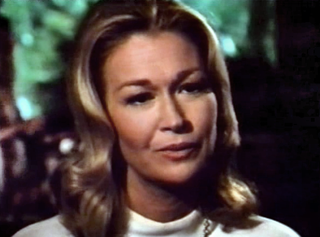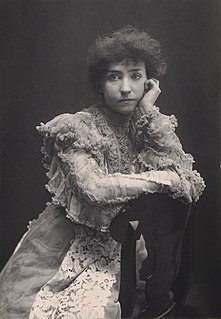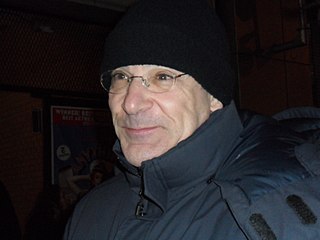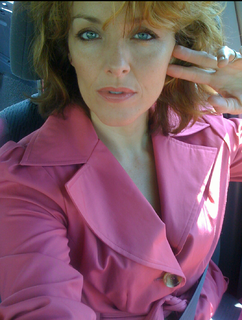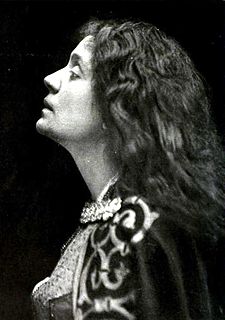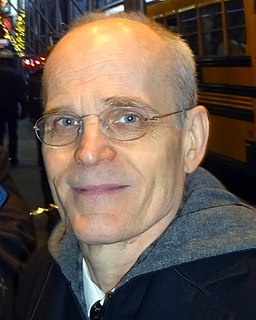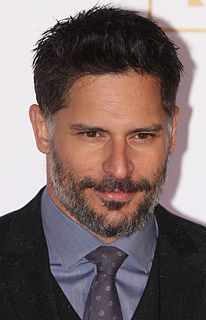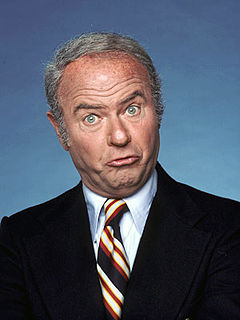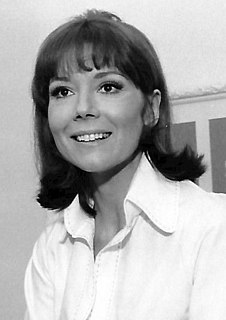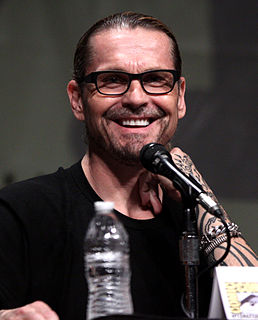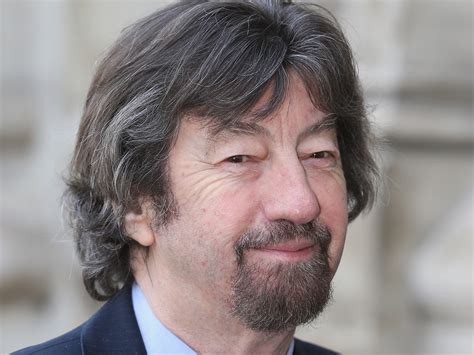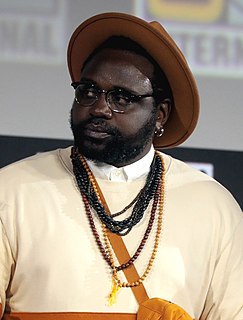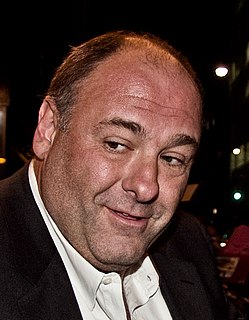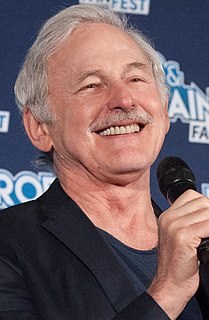Top 39 Ibsen Quotes & Sayings
Explore popular Ibsen quotes.
Last updated on April 14, 2025.
Acting is rare. You can be rehearsing Ibsen with Sir Richard Eyre and suddenly he has to take a call on his mobile telling him his friend Arthur Miller has died. Or you can come back from a job on the Isle of Man to be told by your agent you're going straight out to South Africa on another shoot. There's not even any time to wash your pants.
When I went to Yale, I thought it would be like in Stenford 24 hours a day. Robert Brustein, former dean of the Yale School of Drama and founder of the Yale Repertory Theater was there, and we did all this very serious - I would go so far as to say completely humorless - Eastern European drama, as well as August Strindberg, and Henrik Ibsen, we weren't allowed to do William Shakespeare or Tennessee Williams or Eugene O'Neill. I was not in the right place.
If Ibsen's 'Enemy of the People' were alive today, he would recognize the ethic that has informed capitalist and communist countries alike - economic growth before public health and well-being. The true enemies of the people ar those who continue to sacrifice our long-term interests for short-term gains. But perhaps we should all look in the mirror.
Many a play is like a painted backdrop, something to be looked at from the front. An Ibsen play is like a black forest, somethingyou can enter, something you can walk about in. There you can lose yourself: you can lose yourself. And once inside, you find such wonderful glades, such beautiful, sunlit places.
Write about winter in the summer. Describe Norway as Ibsen did, from a desk in Italy; describe Dublin as James Joyce did, from a desk in Paris. Willa Cather wrote her prairie novels in New York City; Mark Twain wrote Huckleberry Finn in Hartford, Connecticut. Recently, scholars learned that Walt Whitman rarely left his room.
Monotheism at Sinai, primitive Christianity, messianic socialism: these are the three supreme moments in which Western culture is presented with what Ibsen termed "the claims of the ideal." These are the three stages, profoundly interrelated, through which Western consciousness is forced to experience the blackmail of transcendence.
A play is basically a long, formalistic polemic. You can write it without the poetry, and if you do, you may have a pretty good play. We know this because we see plays in translation. Not many people speak Norwegian or Danish or whatever guys like Ibsen spoke, or Russian - yet we understand Chekhov and the others.
The great Norwegian playwright, Henrik Ibsen, wrote, "One of these days, the younger generation will come knocking at my door." The future is knocking at our door right now. Make no mistake, the next generation will ask us one of two questions. Either they will ask: "What were you thinking; why didn't you act?" Or they will ask instead: "How did you find the moral courage to rise and successfully resolve a crisis that so many said was impossible to solve?
When I saw 'Legally Blonde' on Broadway, I rang my agent and said 'I want to be seen for this,' but the rest weren't big choices, really. 'Hedda Gabler' was a phone call offering it to me, and as I've said before quite embarrassingly, I didn't know the play, so I didn't sit there thinking 'I would now like to tackle Ibsen.'
I grew up in the theater, and you can't improvise Shakespeare and Ibsen. You have to speak the language. But obviously, in a contemporary film, there's often room for improvisation and spontaneous things that happen. As long as I know what I'm trying to achieve in the scene, and when something comes up, I know that the response is genuine, I'm comfortable. That's really how I build everything.
